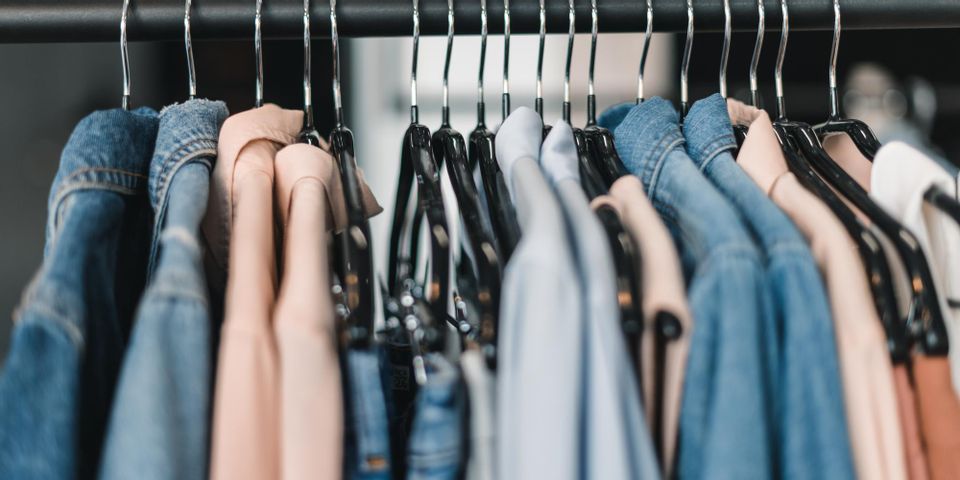
In the 18th and 19th centuries, the idea of wearing a casual outfit in public was viewed as a major social faux pas. Flash forward to today, though, and most American clothing is casual. We wear T-shirts and jeans to dinners, social events, and even the workplace. Here’s a closer look at how the shift to a world of casual wardrobes happened.
A Need for Versatility & Comfort
Demand for casual clothing rose in the early 20th century, as various events increased the need for more versatile clothing. In an interview with the Washington Post, fashion historian Deirdre Clemente explains that in the 1920s and continuing through the World War II era, Americans started to want clothing that could be used for multiple functions. As a result, sport coats and sweaters replaced suits in the classroom. Women began wearing pants during this era because they were more practical for their daily activities.
 In addition to the convenience factor, casual clothing was deemed generally more comfortable than formal suits or dresses. A looser fit, lighter fabrics, and less body coverage made them better suited for a wider range of activities. In turn, the rising popularity of casual clothing made it less strongly associated with social class.
In addition to the convenience factor, casual clothing was deemed generally more comfortable than formal suits or dresses. A looser fit, lighter fabrics, and less body coverage made them better suited for a wider range of activities. In turn, the rising popularity of casual clothing made it less strongly associated with social class.
Individual Expression
Casual American clothing has long been associated with individual expression, and that desire has only grown as time has gone on. Casual clothing gives a person free rein in how they present themselves. In many ways, this stands in direct contrast to the perceived conformity of more rigid formal wear.
Casual clothing allows individuals to mix and match, creating outfits that best fit their personal image. This instills a sense of freedom that resonates with Americans. As it becomes more and more accepted, it’s no longer surprising to see casual wear at work or other formal settings. In fact, what used to be restricted to “casual Fridays” is now becoming an everyday occurrence.
American clothing trends may change, but the importance of helping those in need does not—and that’s where Amclex comes in. Based in Miami, FL, this charitable organization upcycles used clothes and textiles for donation to underdeveloped countries. To learn more about their charitable work or find out how you can help, visit them online or call (305) 634-1757.
About the Business
Have a question? Ask the experts!
Send your question

